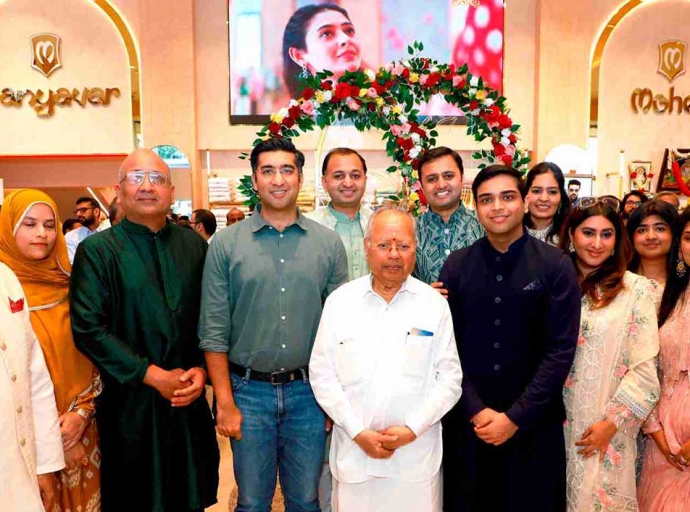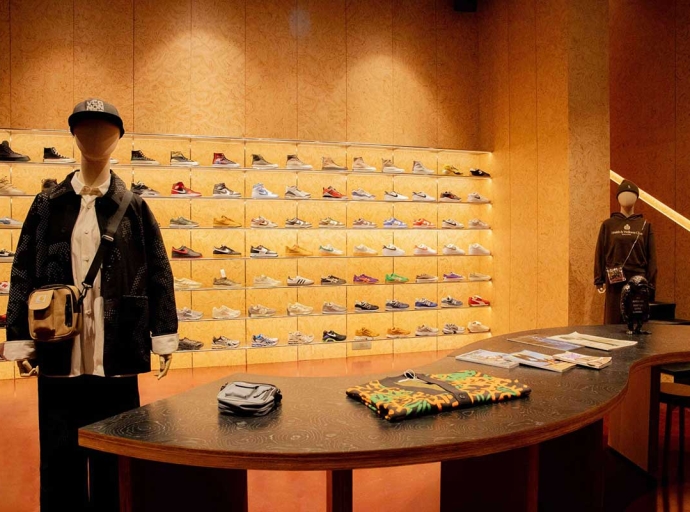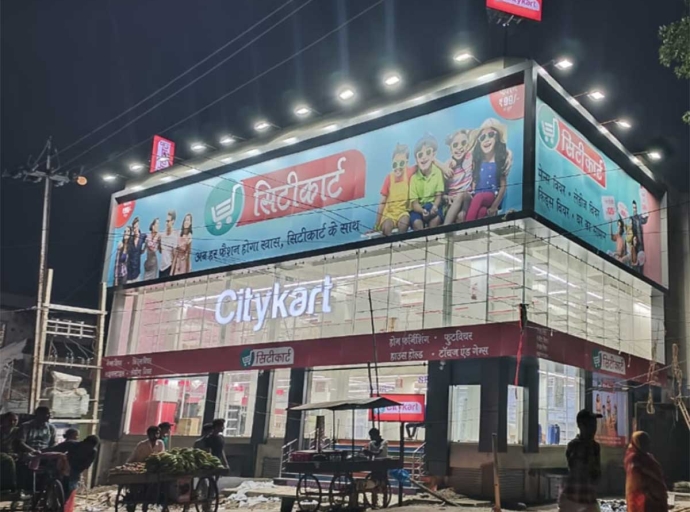22 January 2025, Mumbai
A new report by McKinsey & Company gives insights on global consumption patterns, predicting significant transformations in how and what the world consumes by 2050.
The report, titled ‘Global Consumption Outlook to 2050’, utilizes extensive data analysis and modelling to reveal a world grappling with shifting demographics, technological advancements, and climate change. While highlighting global trends, the report places a special focus on India, predicting a dramatic rise in its consumer power and outlining crucial steps needed to navigate the accompanying demographic shifts.
Join our group
The report’s global findings
Growing consumption in emerging economies: The report predicts that emerging economies, particularly in Asia and Africa, will drive the majority of consumption growth. By 2050, these regions are expected to account for over 50 per cent of global consumption, up from approximately 35 percent today. This shift will be a result of rising incomes, urbanization, and a growing middle class.
Table: Global consumption patterns
|
Region
|
Consumption share (%) in 2023
|
Consumption share (%) in 2050
|
|
Developed Economies
|
65
|
45
|
|
Emerging Economies
|
35
|
55
|
Fashion Guru
Growing importance of services: While spending on goods will continue to increase, the report highlights a significant rise in demand for services. Sectors like healthcare, education, and leisure are projected to witness substantial growth, reflecting changing lifestyles and priorities.
Sustainability drive change: Growing awareness of environmental issues and resource scarcity will significantly impact consumption patterns. Consumers are expected to increasingly favor sustainable products and services, forcing businesses to adapt and innovate.
Technology as a disruptor: Technological advancements will continue to reshape consumption in profound ways. E-commerce, digital services, and the sharing economy are expected to gain further traction, transforming traditional retail and consumption models.
Visit for more
India's rising consumer power
The McKinsey report identifies India as a key player in the future of global consumption. Driven by its growing middle class and youthful population, India's share of global consumption is projected to increase from 9 per cent today to 16 per cent by 2050.
|
Year
|
India's global consumption share (%)
|
|
2023
|
9
|
|
2050
|
16
|
However, the report also emphasizes that India needs to act decisively to capitalize on its "demographic dividend." With a rapidly aging population, India has just 33 years to reach the same support ratio (number of working-age individuals per senior citizen) as advanced economies.
This means India must "get rich before it gets old," achieving high-income status while its workforce is still young and growing. As experts point out, "India's demographic shift presents both a challenge and an opportunity. The country needs to focus on increasing labor force participation, particularly among women, and boosting productivity to sustain its economic growth.
Visit for more
Table: India’s Support ratio
|
Year
|
Support ratio (Working-age individuals per senior citizen)
|
|
1997
|
14
|
|
2023
|
10
|
|
2050
|
4.6
|
|
2100
|
1.9
|
Recommendations for India
Boost female participation in labor force: India has one of the lowest female labor force participation rates globally. Increasing women's participation in the workforce is crucial for unlocking economic potential and achieving inclusive growth.
Boost productivity: Despite recent progress, India's worker productivity remains significantly lower than that of high-income countries. Investing in education, skills development, and technological adoption is essential for bridging this gap.
Focus on senior consumers: With a growing elderly population, India needs to adapt its products and services to cater to the specific needs and preferences of older consumers. This presents significant opportunities in sectors like healthcare, travel, and leisure. In fact, the report highlights the rise of the ‘Silver Spenders’ globally. That is the growing influence of the elderly population on consumption.
Join our community
With increasing life expectancy and improved health, this demographic is expected to become a major consumer force, particularly in sectors like healthcare, travel, and leisure. A case study from Japan, a country with a rapidly aging population, demonstrates how businesses are adapting to cater to the unique needs and preferences of older consumers.
Rise of India’s fashion market
The report also throws light on India's fashion market. It says, the market is ready for significant growth, with rising incomes, increasing urbanization, and a growing young population working as catalysts. The report highlights the following trends in India:
Growth of online fashion retail: E-commerce is rapidly transforming the fashion landscape in India, providing consumers with greater access to a wider range of brands and styles.
Fusion of traditional and modern: Indian consumers are increasingly embracing a fusion of traditional and modern styles, creating a unique and vibrant fashion scene.
Growing demand for sustainable fashion: Awareness of sustainability is growing among Indian consumers, leading to an increasing demand for eco-friendly and ethically sourced fashion.
Latest Fashion news





































